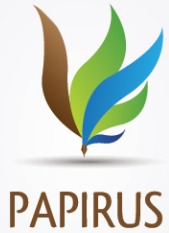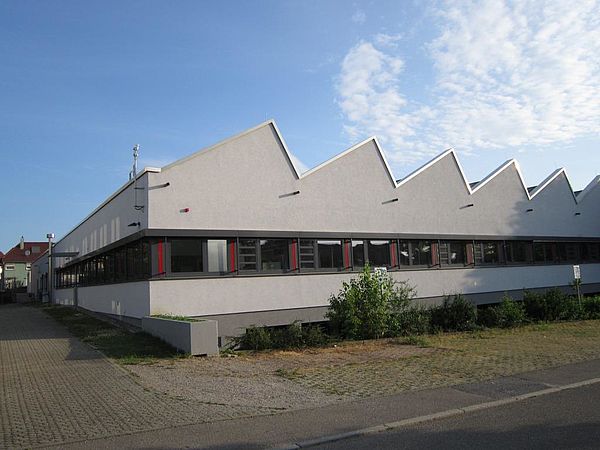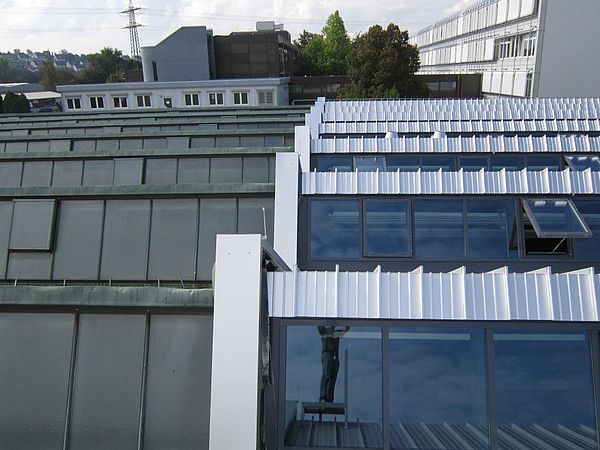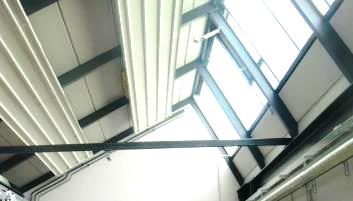The objective of PAPIRUS was to put into practice a novel type of procurement process that centred on sustainability and energy efficiency in construction and renovation. The aim was twofold: To afford natural lighting and to avoid energy loss in the winter and overheating in the summer as far as possible through the use of innovative building envelopes and glazing concepts.
The buyers group purchased solutions for two renovation projects and two new buildings that were unknown at the start of the project or not yet available on the market. To do so, the instrument “Public Procurement of Innovative Solutions (PPI)”, the purpose of which is to stimulate demand for innovations in the public sector as first users or early adopters in the market introduction phase, was used for the first time in the construction industry.
Background
Especially when it comes to construction projects, public sector clients often tend to purchase services, products or technologies that are known and proven. Frequently, however, the offer price is also the deciding – if not the only – criterion for awarding contracts. That is why bidders who offer alternative solutions or additional functions have scarcely any chance of winning a contract within an award procedure because the purchase price is often higher.
Objective
Instead of launching calls for tender for “known and proven” solutions, the aim was for companies to be integrated in the procurement process in an intensive market-oriented dialogue in advance of the calls being issued. Not only contractors were specifically addressed but in particular target groups that rarely interact directly with public sector clients: Small and medium-sized enterprises, manufacturers and suppliers, interest groups and planners. Additionally, in order to be able to purchase the most sustainable and efficient technologies with the best price-performance ratio, the purchase price was to play only a subordinate role in the award criteria. The energy efficiency, sustainability and follow-on costs of the proposed solution were also appraised.
Results
After extensive needs assessments and market surveys, the buyers group launched a Europe-wide call for tender for the development of innovative solutions in March 2015. After the contract was awarded in July 2015, construction work began in the summer of 2016. A technical evaluation and an assessment of the procurement process took place in the autumn of 2016.
Intensive dialogue with the market was identified as the most important factor for implementing a PPI project successfully. Through this dialogue, it was possible to harness and sensitise new target groups that are seldom in contact with public sector clients and often not addressed by construction tenders issued by public sector contractors. The innovative procurement process made it possible to discover and implement novel ideas and solutions for renovation and new construction measures with a calculable risk. It was confirmed that – taking into account all ancillary and follow-on costs – innovative procurement projects can by all means be economically superior to conventional solutions and that consideration of the (purchase) price in isolation from other factors is in many instances too limited.



